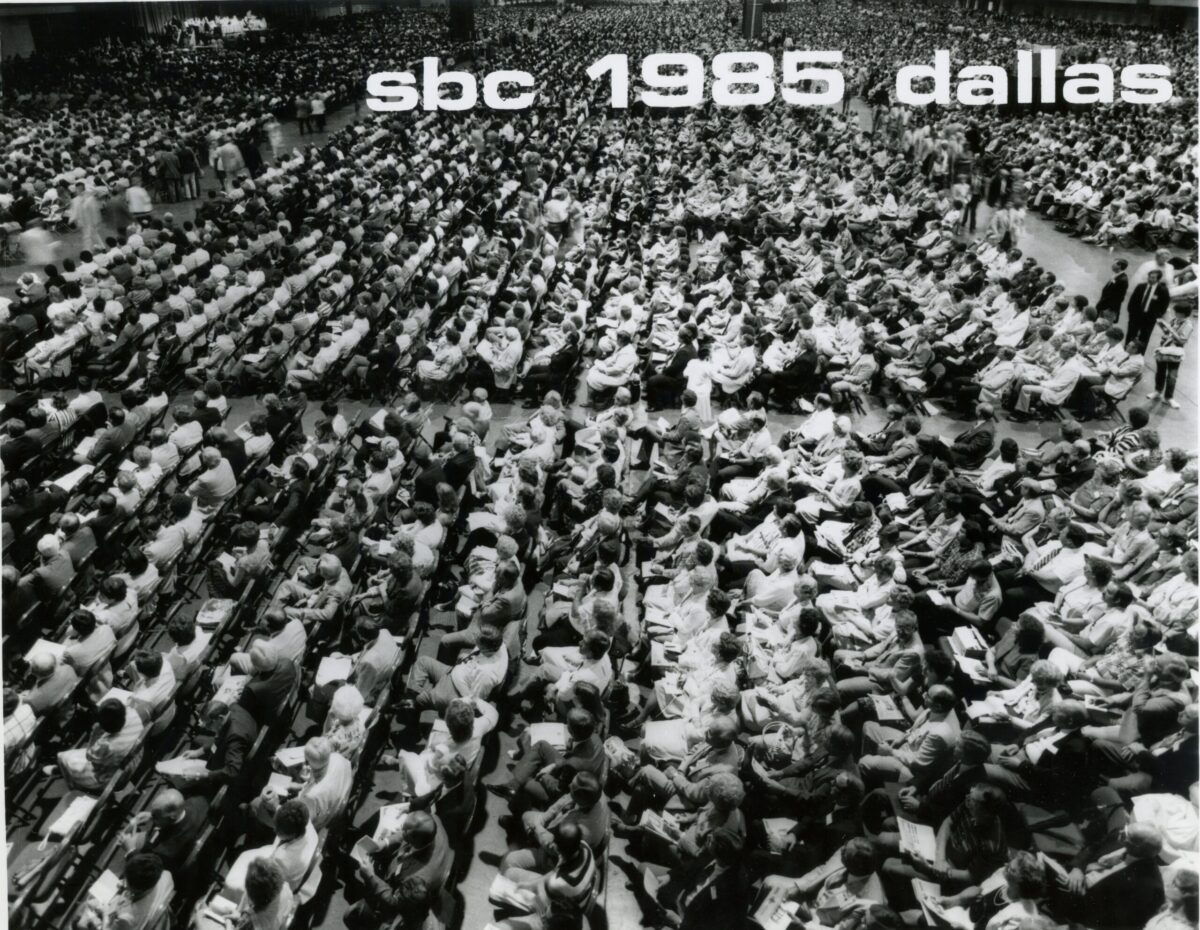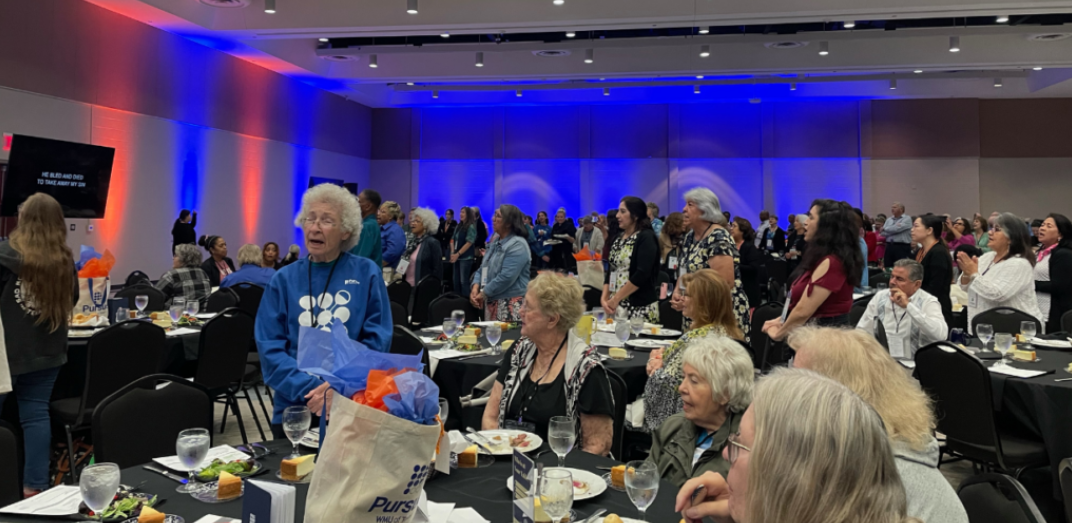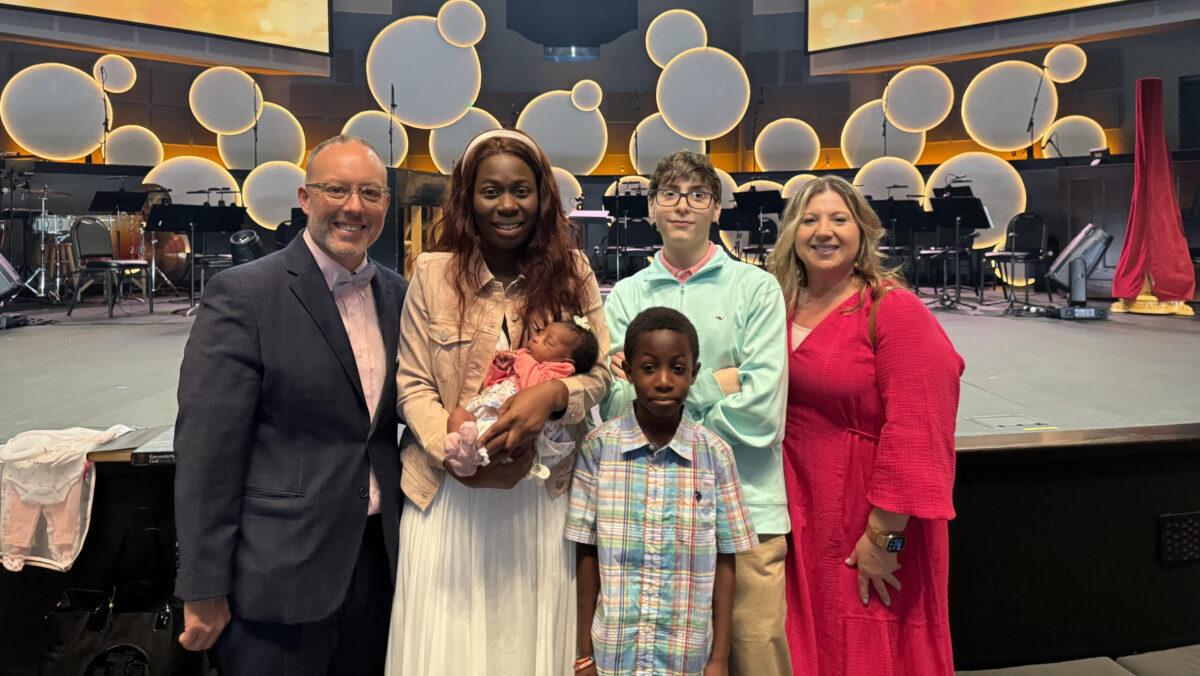Mark Twain is credited with saying, “History doesn’t repeat itself, but it often rhymes.”
The Southern Baptist Convention annual meeting takes place in a few days in New Orleans. What happens if the post-convention months rhyme? What if some of the patterns seen in previous decades show themselves?
The impact
What is the impact on associations? What response do associations need to anticipate?
The SBC agenda this year is full of issues that could result in intense debate.
Contested presidential election. Sexual abuse process and its cost. Disfellowshipping churches. Executive Committee finances and their presidential search. Resolutions. Motions on constitutional amendments and other issues. The statistical decline of the SBC. Concerns about evangelism and the decrease in baptisms. Celebration of new church plants yet a decline in affiliated churches.
None of these potential issues at the SBC annual meeting is the rhyme I have in mind. These will not immediately impact associations.
The reaction
The issue that could rhyme is the reaction of pastors when they return from New Orleans — or the reaction of pastors who did not go but have strong feelings about what happens.
The rhyme is from a previous decade. Will the pattern following the 2023 SBC annual meeting rhyme with the pattern experienced during the 1980s?

During the 1980s, pastors returned from the SBC annual meeting troubled about what happened, who was and was not elected and decisions that were or were not made.
They reacted to sermons they heard and other presentations by powerful pastors they respected as well as hall, hotel, restaurant and exhibit-area conversations with their network of pastors.
These sermons, presentations and conversations led them to come home and emotionally share their reactions to the SBC, get their churches motivated, and change their churches because of what they heard.
During the next several months, there was an exponential increase in pastors and laypeople contacting associational staff about the conflict in their congregation. Often the conflict was focused on the pastor — less often on lay leadership.
My observations are not theoretical. Throughout the 1980s, I led training for associational staff on conflict mediation. More than 800 associational staff participated.
The dialogue always turned to handling the congregational conflict arising in the summer following SBC annual meetings.
Pastors sowed discord in the congregations because people did not want to talk about the SBC issues. Or they did want to talk, and they were upset. Or they disagreed with the pastor.
Even when they agreed with the pastor, it raised the level of tension in the congregation. People started leaving the church because they did not want to be part of a church and denomination with these problems.
Will any of these things happen after the meeting in New Orleans? That is unknown. I am not predicting it will. I am urging associations to be proactive. How can they increase their support for pastors and congregations?
Here are some suggestions for a prayerful dialogue gathering:
First, soon after the SBC meeting, conduct a forum with pastors to discuss how to interpret the meeting and how to talk about it in congregations. This is not a debate or a decision-making gathering. It is a prayerful dialogue about our national denomination, its decisions and the impact on congregations. Emphasize how the fellowship within the association can support healthy congregational responses.
Second, invite three respected pastors from the association with varying views and helpful knowledge on SBC issues to serve as a panel. The associational director could moderate it.
Third, include time for prayer for our SBC movement, its leaders, its agencies and institutions, your state convention and most of all, efforts to empower the fulfillment of the Great Commission.
Fourth, commission a news release highlighting positive, helpful ideas for dialogue within congregations. Send this to every pastor in the association for their use.
Clarify SBC actions
Fifth, offer to meet with congregational leaders to clarify SBC actions and how they do and do not impact congregations. Few lay leaders — and too few pastors — understand Baptist polity and governance. Meeting with them could have long-term positive results.








